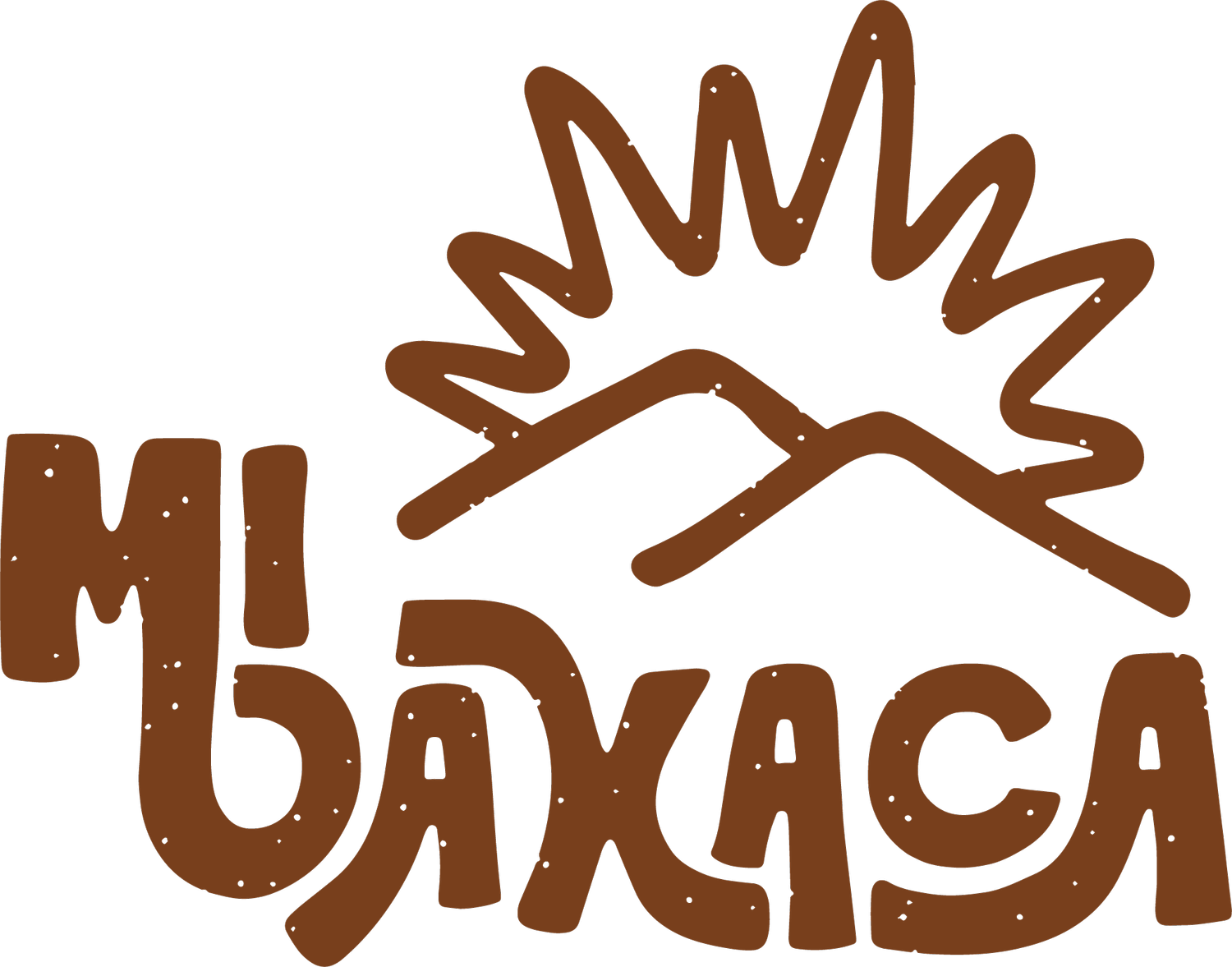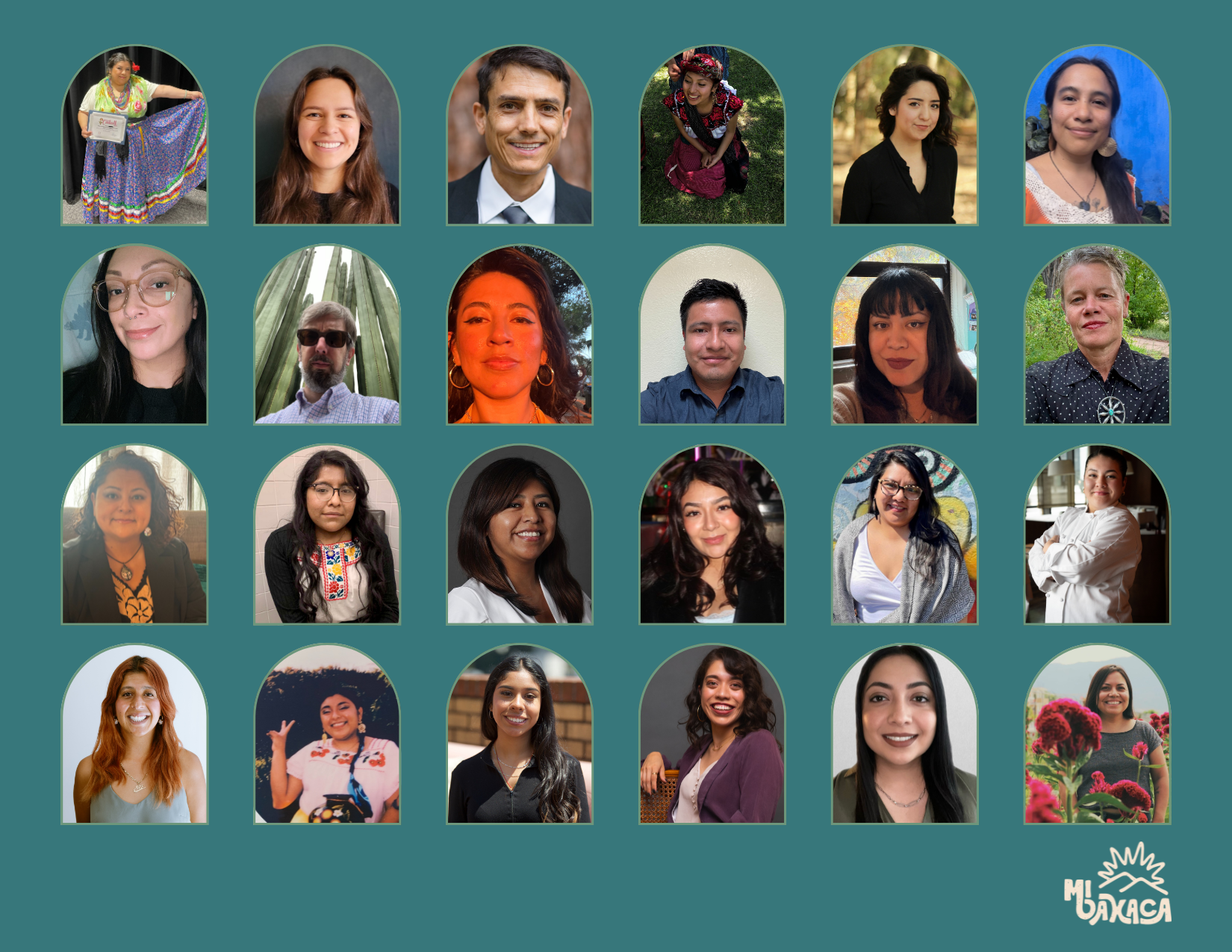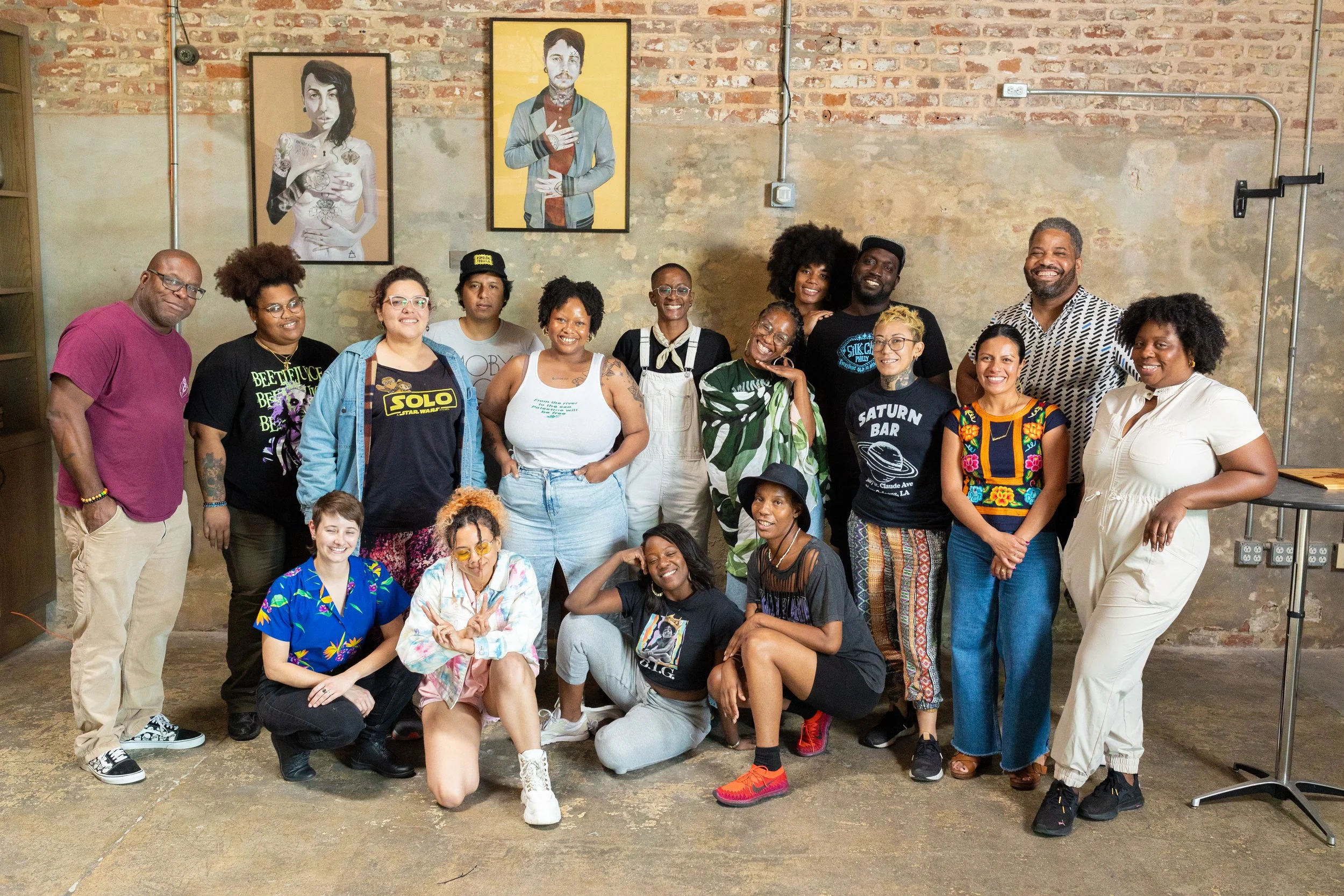Cultural Education
Education is how we transmit Indigenous knowledge, science, and practices. Our cultural education programs offer space for group learning, where we all get to share knowledge as it relates to cultural preservation, food justice, and equitable futures. We use mixed learning models to make cultural education accessible, relevant, and impactful.

We offer in-person and virtual programming, workshops, and trainings to organizations, colleges & universities, museums, and entities interested in highlighting the depth of Oaxaca’s Indigenous cultures. See more details below.
Portraits of 6-week course learners
Our 6-week flagship course, An Introduction to Mezcal Through Indigenous Worldviews is offered in the Spring and Fall. See more details below.
Group Photo of Mi Oaxaca Training with Turning Tables


